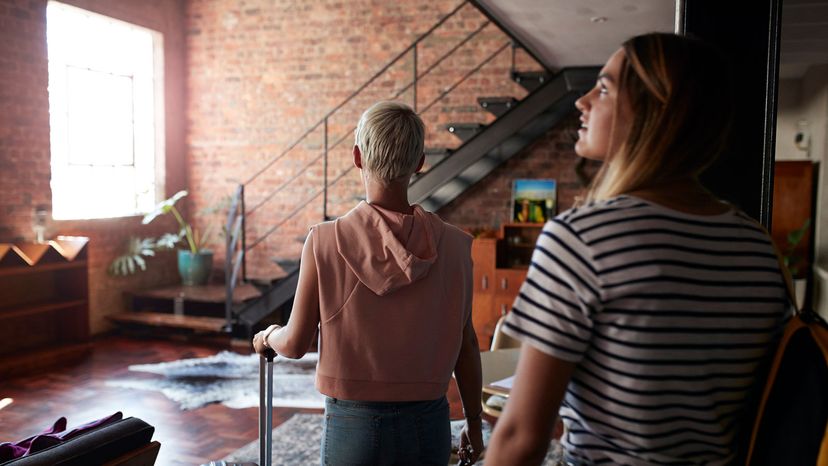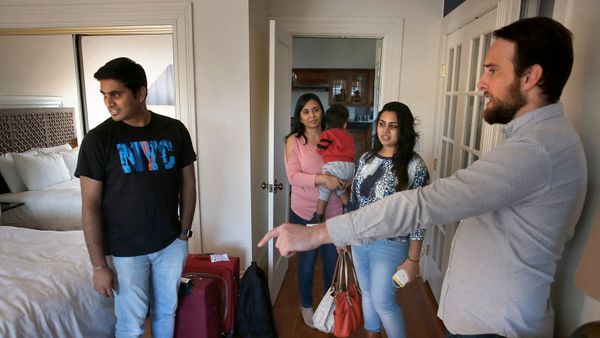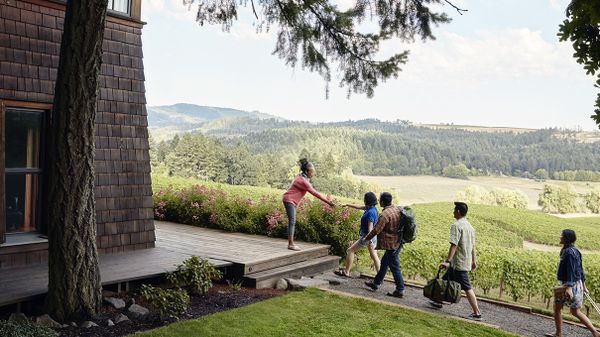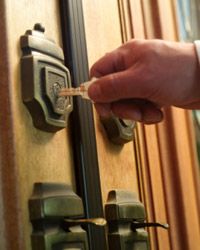A physical inspection is the first and most obvious step to detect hidden cameras. Look for items that are conveniently located near beds or showers where a tiny camera might be hidden. Even innocent items like tissue boxes and stuffed animals are suspect — keep in mind that modern cameras need only a hole the size of a small nail head to disguise their presence. They call 'em "spy cams" for a reason, you know.
If you listen carefully, you may even hear motion-activated cameras as they turn on when you enter a room. Some models buzz, click, or even cause static-laced interference on phone calls as you talk to a friend.
There's another vital point to consider to help spot hidden cameras — all cameras require a lens, and lenses glint in bright light. Turn off all the lights, close the curtains, and then use a bright flashlight (or your phone's flashlight) to check each room, says Attila Tomaschek, a digital privacy researcher with ProPrivacy, which sells spy gear. You may see light bouncing off a tiny camera lens hidden in an air vent or similar spot.
The darkened rooms may also help you detect lights emitted by the cameras. Some cameras have LEDs that illuminate when they're powered on.
See that mirror in the bedroom? Press your finger against it and look at your fingertip. On a normal mirror, there's a gap between your fingertip and the mirror. On see-through or two-way mirrors, however, there's no gap.
Smartphone cameras are useful hidden camera detectors, too.
"Your front-facing camera (the one you take selfies with) typically won't have an infrared light filter, which means that you'll be able to use it to detect the infrared light sources that night-vision cameras rely on to operate in the dark," says Tomaschek, via email. "Simply turn out the lights and activate the front-facing camera on your phone and sweep the rental while watching your phone's screen. If you notice any lights show up on your screen that are purple or white, take a closer look at where those lights are coming from and you may find a hidden camera."



